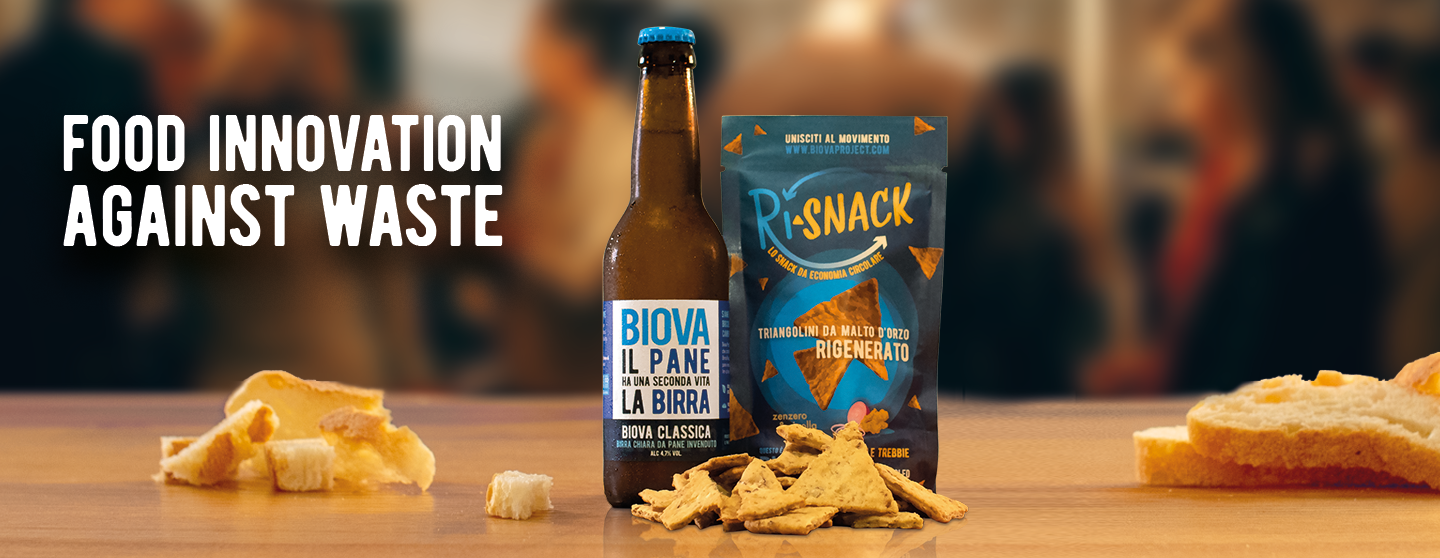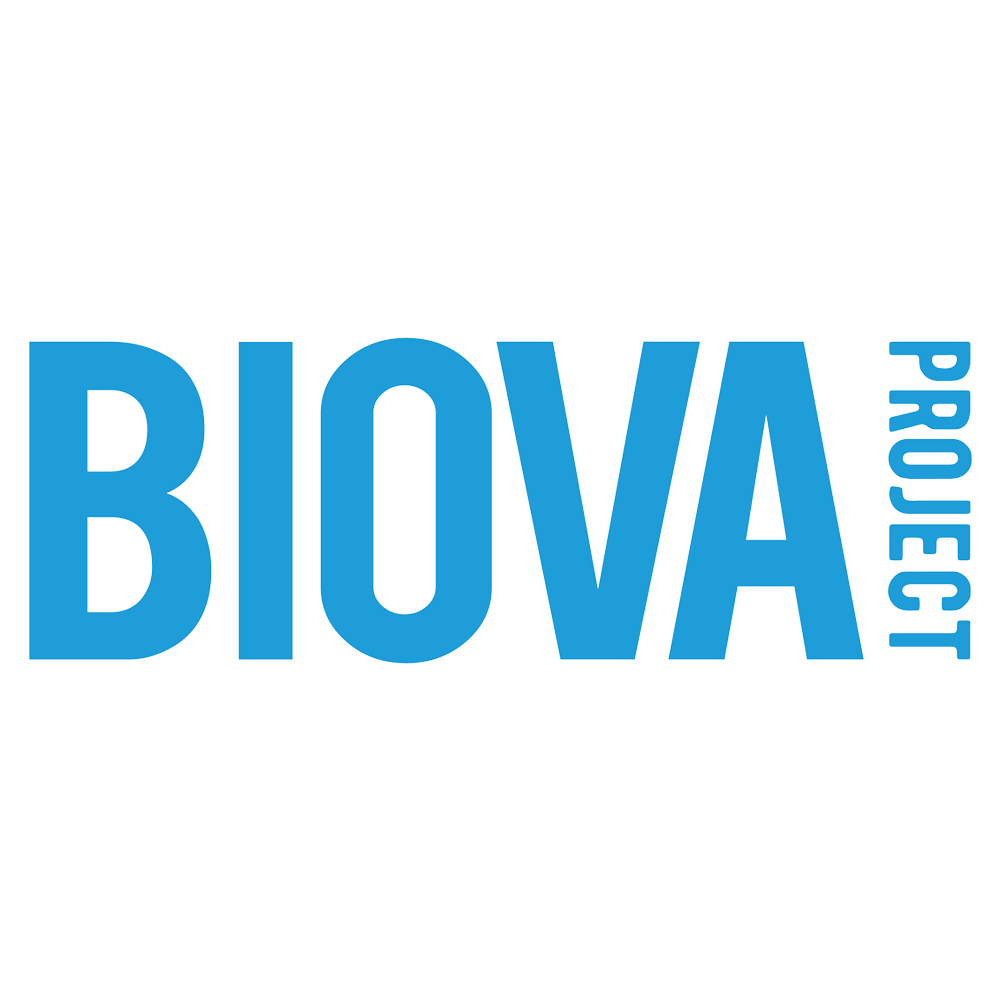

Biova Srl

Piedmont, Italy
June 2023
Beverages
Wholesale/Retail
Italy
Biova srl è una società benefit, certificata B Corp, che si occupa di lotta allo spreco alimentare tramite l’ideazione, lo sviluppo, commercializzazione e la distribuzione di prodotti alimentari e bevande che seguono la filosofia dell’economia circolare. La Missione di Biova è ridurre lo spreco alimentare al fine di diminuire l’iniquità in ambito alimentare tra i popoli del mondo. Lo facciamo raccogliendo e riutilizzando surplus alimentari attraverso un sistema logistico e di stoccaggio e studiando, sperimentando, producendo e commercializzando prodotti alimentari innovativi. Ci rivolgiamo alle nuove generazioni di consumatori consapevoli e lavoriamo per creare consapevolezza intorno alla cultura del riutilizzo di materie seconde diventando ambasciatori della transizione ecologica. Biova è il primo vero attore nel nascente mercato dell’upcycling alimentare in Italia e vuole essere modello innovativo e di referenza per il settore. Il primo prodotto di Biova è stata una gamma di birre da pane invenduto recuperato. Al momento la gamma birre è fatta anche recuperando rotture di riso e pasta. Dallo scarto del
Overall B Impact Score
Governance 15.2
Governance evaluates a company's overall mission, engagement around its social/environmental impact, ethics, and transparency. This section also evaluates the ability of a company to protect their mission and formally consider stakeholders in decision making through their corporate structure (e.g. benefit corporation) or corporate governing documents.
What is this? A company with an Impact Business Model is intentionally designed to create a specific positive outcome for one of its stakeholders - such as workers, community, environment, or customers.
Workers 15.5
Workers evaluates a company’s contributions to its employees’ financial security, health & safety, wellness, career development, and engagement & satisfaction. In addition, this section recognizes business models designed to benefit workers, such as companies that are at least 40% owned by non-executive employees and those that have workforce development programs to support individuals with barriers to employment.
Community 41.7
Community evaluates a company’s engagement with and impact on the communities in which it operates, hires from, and sources from. Topics include diversity, equity & inclusion, economic impact, civic engagement, charitable giving, and supply chain management. In addition, this section recognizes business models that are designed to address specific community-oriented problems, such as poverty alleviation through fair trade sourcing or distribution via microenterprises, producer cooperative models, locally focused economic development, and formal charitable giving commitments.
What is this? A company with an Impact Business Model is intentionally designed to create a specific positive outcome for one of its stakeholders - such as workers, community, environment, or customers.
Environment 23.7
Environment evaluates a company’s overall environmental management practices as well as its impact on the air, climate, water, land, and biodiversity. This includes the direct impact of a company’s operations and, when applicable its supply chain and distribution channels. This section also recognizes companies with environmentally innovative production processes and those that sell products or services that have a positive environmental impact. Some examples might include products and services that create renewable energy, reduce consumption or waste, conserve land or wildlife, provide less toxic alternatives to the market, or educate people about environmental problems.
What is this? A company with an Impact Business Model is intentionally designed to create a specific positive outcome for one of its stakeholders - such as workers, community, environment, or customers.
Customers 2.0
Customers evaluates a company’s stewardship of its customers through the quality of its products and services, ethical marketing, data privacy and security, and feedback channels. In addition, this section recognizes products or services that are designed to address a particular social problem for or through its customers, such as health or educational products, arts & media products, serving underserved customers/clients, and services that improve the social impact of other businesses or organizations.